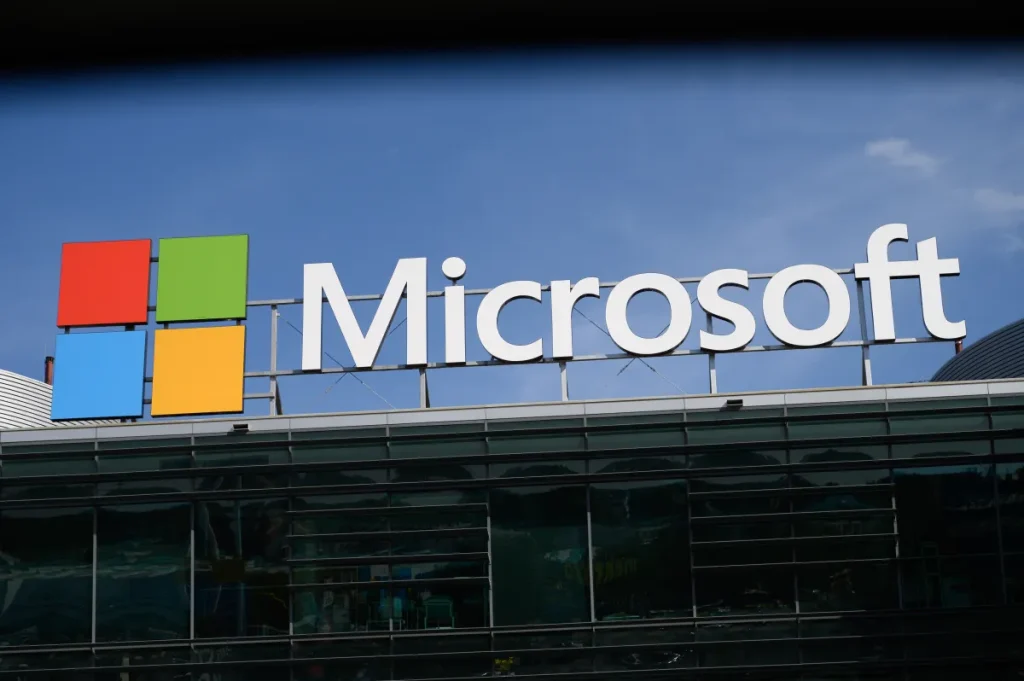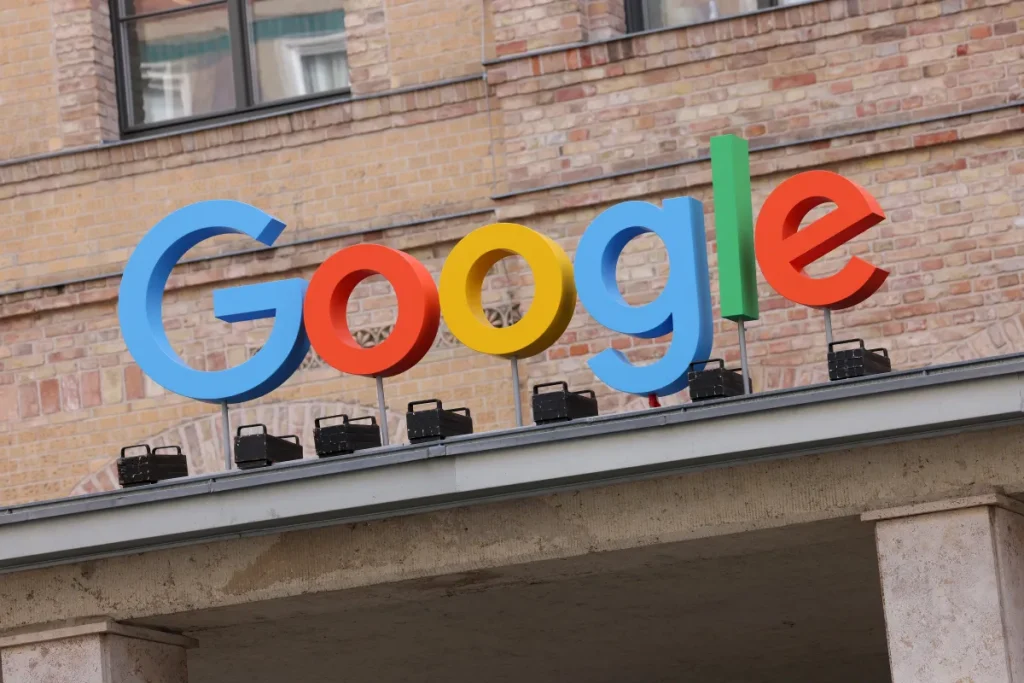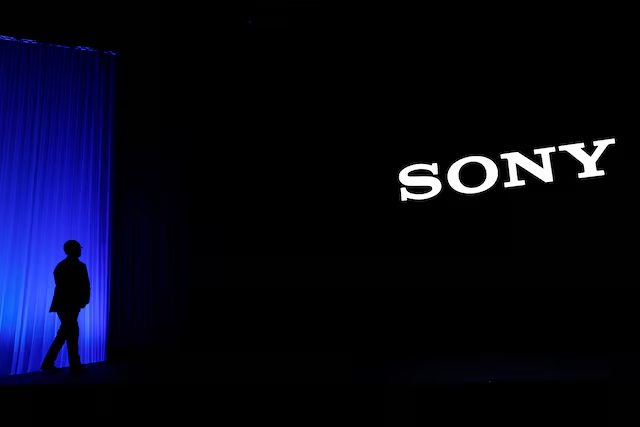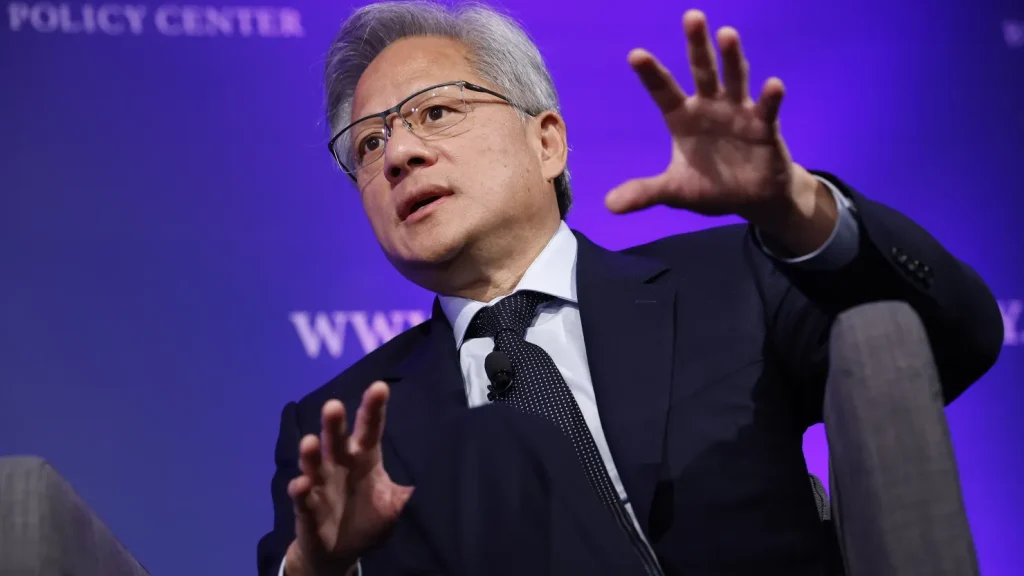FTC reportedly opens antitrust investigation into Microsoft

The Focus of the Investigation
The FTC’s investigation into Microsoft is believed to be primarily concerned with the company’s recent business activities, particularly its high-profile acquisitions and its impact on market competition. One of the major areas of concern is Microsoft’s $69 billion acquisition of Activision Blizzard, one of the world’s largest video game publishers. The deal, which is one of the largest mergers in the history of the gaming industry, has raised alarms among regulators, especially in light of Microsoft’s dominant position in the gaming market through its Xbox platform.
Critics have argued that the acquisition could harm competition by giving Microsoft control over popular game franchises like “Call of Duty,” “World of Warcraft,” and “Overwatch.” These titles are not only highly lucrative but also widely regarded as key drivers of console and online gaming. Concerns have been raised that, once the deal is complete, Microsoft could use its control over these franchises to undermine rival gaming consoles, such as Sony’s PlayStation, or to restrict access to these games on other platforms, including non-Microsoft PCs and streaming services.
In addition to the Activision Blizzard acquisition, the FTC is also examining Microsoft’s broader business practices in areas such as its cloud computing division (Azure), productivity software (Office), and the overall dominance of its Windows operating system. Microsoft’s control over software distribution, particularly through its Windows operating system, has long been a point of contention with antitrust regulators. The company has faced previous legal challenges over its bundling of software like Internet Explorer with Windows and its dominant position in personal computing. The FTC’s investigation will likely delve into whether Microsoft is using its market power to stifle competition in these areas.
The Broader Antitrust Landscape
The FTC’s investigation into Microsoft is part of a broader push by U.S. regulators to scrutinize the practices of big tech companies. In recent years, there has been growing concern over the outsized influence of companies like Microsoft, Apple, Amazon, Google, and Facebook. These companies control vast swaths of the digital economy, from social media and e-commerce to cloud computing and search engines. With their dominance in various sectors, regulators worry that these companies may be engaging in anti-competitive behavior that harms consumers and stifles innovation.
The U.S. government has been ramping up its scrutiny of the tech sector, with both the FTC and the Department of Justice (DOJ) taking a more aggressive stance in pursuing antitrust investigations and enforcement actions. In addition to Microsoft, other major tech companies have also faced heightened regulatory scrutiny. For example, the FTC is investigating Amazon over its marketplace practices, while Google is facing multiple antitrust cases related to its dominance in online search and digital advertising.
Europe has also taken a more aggressive approach to regulating big tech, with the European Union enacting the Digital Markets Act (DMA) and the Digital Services Act (DSA) to rein in the power of dominant tech platforms. These regulations focus on ensuring fair competition and protecting consumers from harmful practices like data privacy violations and algorithmic manipulation.
Microsoft’s Response and Legal Challenges
Microsoft has expressed confidence that it will be able to navigate the antitrust investigation successfully, arguing that its acquisition of Activision Blizzard will benefit consumers by fostering more competition in the gaming industry. In a statement, the company reiterated that the deal would help accelerate the development of new gaming technologies and bring more choice and value to gamers. Microsoft also emphasized its commitment to keeping popular games available on competing platforms, such as PlayStation, while offering additional incentives to expand access to its own Xbox ecosystem.
However, Microsoft’s stance has not alleviated concerns from industry observers, regulators, or competitors. The acquisition has faced significant pushback from Sony, which has warned that the deal could lead to Microsoft gaining an unfair advantage in the gaming industry. Additionally, some consumer advocates argue that consolidating control over major gaming franchises could lead to higher prices and fewer options for players, as well as reduced innovation in the gaming sector.
While Microsoft has expressed its willingness to address regulatory concerns, it remains to be seen whether the FTC will approve the deal without significant concessions. The company has previously faced antitrust scrutiny and legal challenges, including its landmark 2001 antitrust case, which led to a settlement that imposed various restrictions on Microsoft’s business practices. The current investigation into the Activision Blizzard acquisition could result in similar conditions being imposed or, in a worst-case scenario, the blocking of the deal entirely.
The Impact on the Gaming Industry
The antitrust investigation into Microsoft’s acquisition of Activision Blizzard has far-reaching implications for the gaming industry. If the FTC moves to block or impose conditions on the deal, it could set a precedent for future mergers and acquisitions in the gaming sector, particularly when it comes to consolidating control over popular game franchises. The outcome of the investigation could also have broader consequences for the future of gaming platforms, cloud gaming services, and the overall competitive landscape.
Microsoft’s push to expand its presence in the gaming industry through acquisitions and investments is part of a larger strategy to diversify its business beyond software and cloud services. The gaming sector has become an increasingly important area of growth for the company, with Xbox and its associated services like Xbox Game Pass becoming central to Microsoft’s entertainment offerings. The company has been positioning itself as a leader in the gaming-as-a-service model, which allows players to access a wide library of games through subscription services and cloud-based platforms.
However, this strategy has raised concerns among competitors and regulators who worry that Microsoft’s growing dominance in gaming could limit consumer choice and harm smaller game developers. If the FTC’s investigation leads to the imposition of significant conditions on the Activision Blizzard deal, it could force Microsoft to make concessions in terms of how it handles its game library, access to cloud gaming, or its relationships with third-party game developers.
The FTC’s investigation into Microsoft is still in its early stages, and it is unclear when a resolution will be reached. The company is likely to mount a strong defense, arguing that the Activision Blizzard deal will ultimately benefit consumers by fostering innovation and increasing competition in the gaming market. However, with increasing regulatory pressure on big tech, Microsoft may find itself facing a prolonged legal battle as the FTC evaluates the potential risks and benefits of the acquisition.
For now, the investigation highlights the growing challenges facing tech giants as they expand their reach and consolidate power in key industries. As regulators around the world continue to scrutinize the practices of companies like Microsoft, the outcome of this investigation could have lasting effects on the future of antitrust enforcement and the competitive dynamics of the tech industry.






